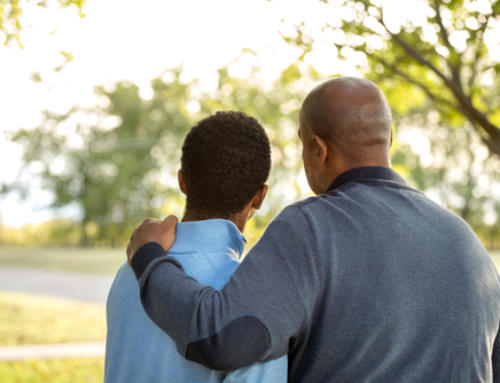Most people feel that addiction is an individual problem to solve and it is their responsibility to fix what is wrong while getting sober. It is true every person with addiction has to come to terms with their own addiction, admit the need for help, overcome denial, and seek support. The roots of addiction rarely begin with one person. It is a multi-modal issue which requires holistic treatment for people to work through trauma that results in addiction and mental health disorders.
Role of Intergenerational Trauma
Intergenerational trauma occurs when trauma is transferred from one generation of survivors to the next. Intergenerational trauma is often passed from parents to children. Symptoms can be tired to parents’ child-rearing, since trauma symptoms influence how they raise their children. Sometimes trauma is transferred through encoding in the DNA. In this case, transfer is often traced to complex post-traumatic stress disorder (C-PTSD), a very interpersonal form of PTSD. people with complex PTSD often experience prolonged periods of gaslighting, false accusations, or prolonged psychological manipulation. People who suffer often have been in situations with no physical or mental escape route. People who struggle with C-PTSD may include:
- Those who witnessed violence
- People enslaved through trafficking or other circumstances
- Holocaust survivors
- Prisoners of war
- Survivors of extreme poverty
- Sexual abuse survivors
How Trauma Unfolds
Some people are skeptical of transgenerational trauma, wondering if genes are complex enough to transfer another person’s feelings of an experience. It is because trauma was unthinkable that transference is possible. In other words, strong emotions connected to trauma cannot help but get transferred as part of the survivors’ lives. Even if the second generation did not connect with trauma, the event is ever-present in some shape or form.
Substance Abuse and Trauma
Trauma of any kind forces people to do things they may never do otherwise. When we try to remedy things ourselves using drugs and alcohol, we may not even know from where the pain originates, just that it exists. Intergenerational trauma occurs because survivors and immediate witnesses have not effectively processed the grief. If they cannot do that, second and third generations become trauma ‘carriers.’ if left alone, a person can easily turn to substance use to deal. Entire families may be impacted by one person’s choices, but also by generations before them who unleash trauma on their loved ones. When coping with transgenerational trauma and substance use, people can work to overcome it by learning to:
- Communicate: talk about what happened and how you felt
- Seek counseling: find people qualified to help you cope with your feelings
- Seek help for addiction: if mental health conditions exist, find dual diagnosis treatment but also find ways to get help for any addictions and break the chains
Our goal at Springboard is to provide a safe space to work past all kinds of trauma and break the chains. By utilizing a set of diverse methods of addiction treatment, we are able to deal with your addiction from all angles and concentrate on every aspect of your healing process. It is important to recognize that many of our services offer a group setting and environment, so that the client spends time with other people affected by the same chronic disease and problems. 432-620-0255




